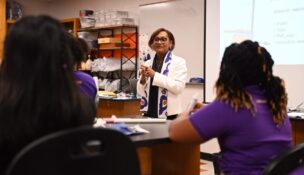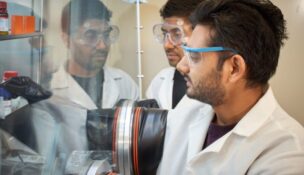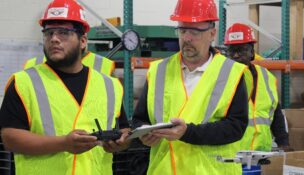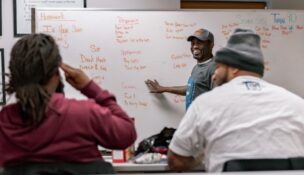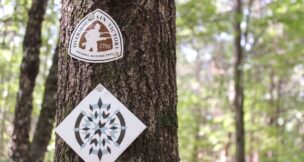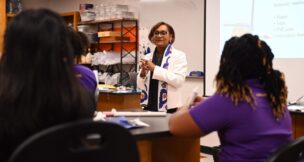ReWa and Clemson launch program to predict COVID-19 surge
Staff Report //August 13, 2020//
COVID-19’s two-week incubation period has contributed to many anxious hours spent in quarantine awaiting test results to see if it’s COVID-19 or just a sore throat.
But that two-week gap can be closed — on a community level, at least — because of insight from Renewable Water Resources and Clemson University and their effort to detect and analyze COVID-19 levels in Greenville-area wastewater.
According to a news release, ReWa is one of the first water treatment agencies to develop a program for tracking concentration of the virus in the service area’s wastewater, which started in early June. ReWa plans to continue the program until the end of the year. Eighteen samples consistently show “significant” to “major” levels of COVID-19 infection in Greenville County, with one of the highest readings surfacing on July 20 at more than 1 million copies per liter.
Any measurement between 4,000 and 10,000 copies per liter indicates a cause for community concern, according to Clemson researcher David Freedman. Since June, samples have reached 100,000 copies per liter.
Samples are taken twice a week from the agency’s Mauldin Road facility and sent to a biological testing lab that generates reports shared with Clemson University’s environmental engineering department, led by Freedman, for comparison, validation and analysis, the news release said. The information can then be used by other universities and governmental and regulatory agencies to inform policy decisions.
“The COVID-19 situation gives us an opportunity to demonstrate what ReWa has known all along: wastewater treatment is a public health issue of the highest order,” Rebecca West, ReWa’s chief special projects officer, said in the release. “What we do now in terms of wastewater epidemiology and research matters a great deal, not just in fighting COVID-19 but in our ability to be more prepared and proactive if and when future outbreaks occur. ReWa has always been a leader and a vanguard in our industry, and we are proud to use our scientific expertise to help address this public health crisis quickly, effectively and in a non-partisan manner.”
The epidemiological study of wastewater is not new, but the team is constantly re-evaluating monitoring tactics to meet the unknowns presented by the novel coronavirus and will not use the data to advocate for any particular policy regarding the virus, according to the release.
“Since we’ve only seen the front half of this curve, to a certain degree, we must learn along the way,” Chad Lawson, ReWa’s spokesman, said in the release. “We are in completely new territory, so it’s a discovery process that’s transparent and in the public space. Normally, research data is fully vetted and peer reviewed before publishing, but ReWa has chosen to make this data available for interpretation now in the interest of serving our community.”
In the meantime, the agency wants to verify that even with 100,000s copies of COVID-19 per liter of wastewater before treatment, after ultraviolet radiation and hypochlorite chemical disinfection, viruses are deactivated before re-entering Greenville’s water supply, according to the release






